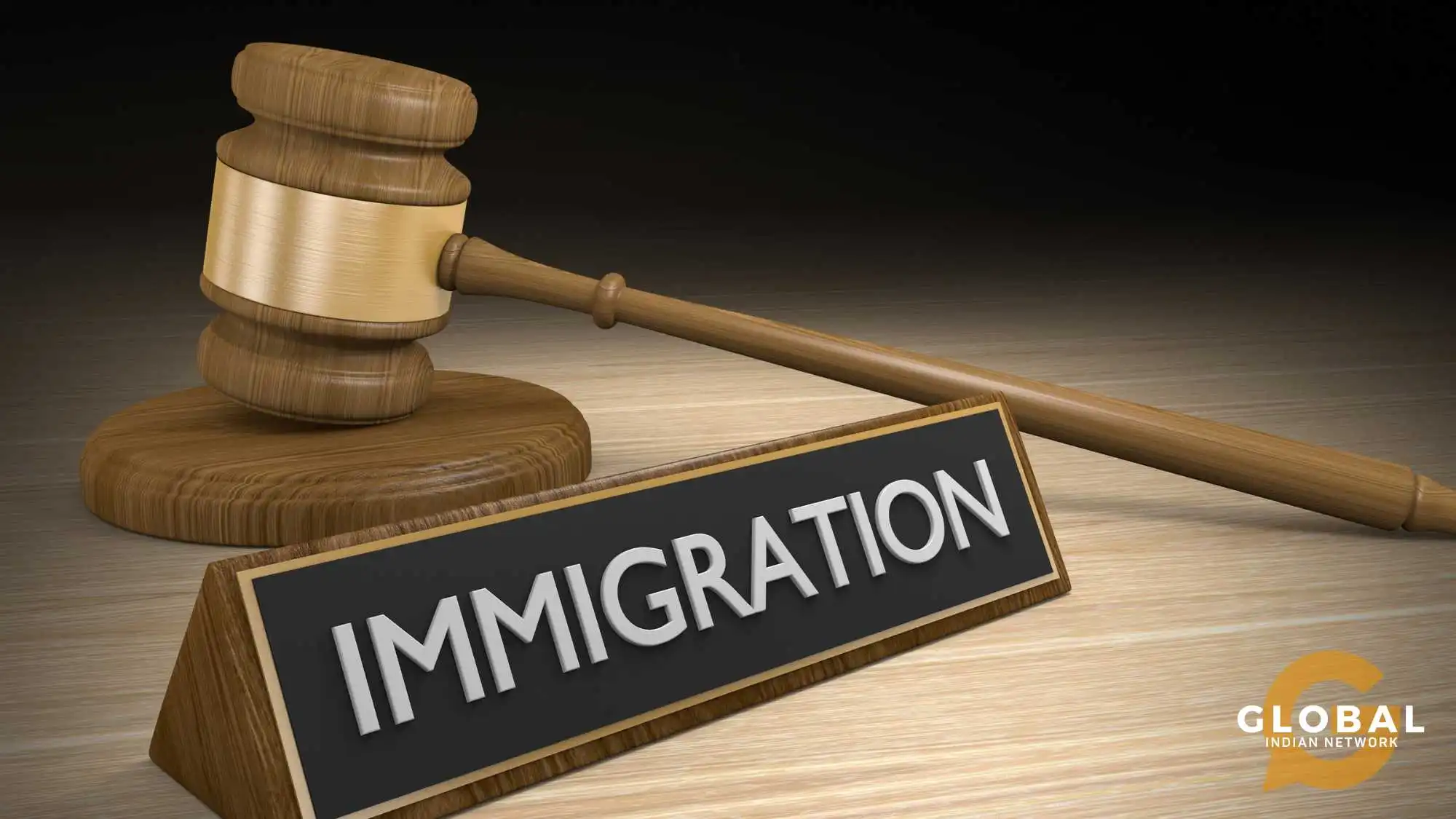It’s no surprise that immigration is a complex and intimidating procedure, especially when navigating legal systems such as the immigration and protection tribunal.
This tribunal has played a crucial role in determining the life of individuals searching for refuge, protection, or residency in another country.
Learning about the legal system, the tribunal’s role and its changes are necessary for any individuals involved in or advising on matters related to immigration.

Table of Contents
Understanding the Legal Framework of the Immigration and Protection Tribunal: Key Legislation Explained

The Immigration and Protection Tribunal (IPA) functions within a clear legal system set by key legislation. This legislation decides how the tribunal operates and sets the criteria it employs to state decisions on various immigration-related issues, including asylum claims and appeals.
One of the fundamental facets of legislation that sets the base of IPT is the Immigration Act. This act defines the procedures for applying for residence class visas, filing protection claims, and appealing decisions made by Immigration New Zealand. The act also highlights the tribunal’s jurisdiction, ensuring that it resolves cases related to refugee status, deportation, and humanitarian protection.

Another crucial legal department is the Immigration and Protection Tribunal Regulations, which state the procedural rules that guide the tribunal’s functions.
These regulations outline how cases should be filed, the time frames for appeals, and the behaviour expected during oral hearings. These regulations are essential to ensure the tribunal is fair and efficient, offering a structured procedure for anyone seeking legal advice or appealing immigration decisions.
A licensed immigration advisor can offer expert guidance in helping individuals understand their rights and the processes they must follow.
The Role of the Immigration and Protection Tribunal in Refugee Status Determination

The IPT has a pivotal role in determining refugee status.
The tribunal is assigned to supervise asylum claims and make decisions that can seriously impact the lives of individuals looking for protection from persecution.
IPT assesses whether individuals meet the criteria for refugee status under international and domestic law when they make an asylum claim.
This includes checking whether the individual has a reasonable fear of persecution based on race, religion, political opinion, or membership in a specific social group. The tribunal also considers whether the individual can return to their country of origin safely or whether they face a real risk of harm.
The procedure of setting refugee status requires thorough consideration of proof, including testimonies, reports, and expert advice. Tribunal )Immigration and Asylum) members consider this evidence as per the legal criteria for refugee status, and their decisions can have a life-altering influence on the claimants.
Additionally, IPT also manages appeals related to refugee status; individuals who are rejected for refugee status by Immigration New Zealand have the right to appeal the decision to the tribunal. This process offers protection, ensuring that all related evidence and legal arguments are carefully considered.
The role played by IPT in determining refugee status is essential since it ensures that people who genuinely require protection are offered asylum.
However, this procedure can be complicated and tasking, requiring claimants to seek legal advice from professionals.
A licensed immigration adviser or immigration lawyer can assist such individuals in learning about the tribunal’s procedures, preparing their cases, and demonstrating persuasive arguments in their favour.

The Evolution of the Immigration and Protection Tribunal: Historical Context and Future Trends
The Immigration and Protection Tribunal has undergone a massive transformation over the years, as have severe changes in immigration policies, international human rights standards, and the heightened complexity of global migration patterns.
The tribunal was established to consolidate and quicken the various immigration appeal processes. Before the IPT, immigration appeals were managed by different bodies, such as the district court and the refugee status appeals authority.
This system had inconsistencies in decision-making that led to delays in processing appeals.
The establishment of the IPT was a significant shift towards a more efficient approach to immigration appeals. The tribunal was developed to offer a single body specialized in handling all immigration appeals, including those of residence class visas, deportation, and refugee status. It aimed to boost the consistency and quality of decisions and reduce the backlog of cases.
Over the years, IPT has continuously adapted to the changing immigration patterns and legal updates. For instance, the growing amount of asylum claims and humanitarian appeals has necessitated the tribunal to design expertise in managing complex protection cases.
Another recent trend is the growing need to protect vulnerable groups, such as victims of trafficking or individuals escaping from humanitarian crises. The IPT may have to alter its procedures to acknowledge the special needs of these groups so that they receive just treatment.
Conclusion
Exploring the Immigration and Protection Tribunal system calls for an in-depth understanding of its legal system, its role in refugee status determination, and the historical evolution of the IPT.
As the IPT continues to evolve, individuals must stay updated about changes in legislation and procedures.
Moreover, obtaining legal advice from a licensed immigration adviser or lawyer is extremely valuable for successfully making your way through the IPT.

FAQs
Can you come back after being deported from NZ?
Yes, returning to New Zealand after being deported is possible. However, it can be extremely challenging and depends on the specific legal restrictions and considerations attached to the person’s case.
What is the IPT NZ?
IPT stands for the Immigration and Protection Tribunal in New Zealand and is a specialist tribunal that manages appeals related to immigration, refugee status, deportation, and other related issues.
What reasons can you get deported?
Deportation from New Zealand can be due to several reasons, usually falling under legal, criminal, or immigration matters.









